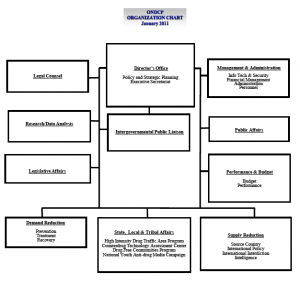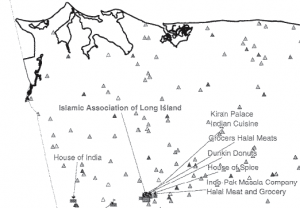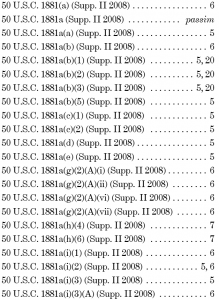NYPD’s Fearmongers Are Arguing It’s More Useful to Spy on 2nd Graders than Disrupt Real Plots
Chuck Schumer, the NYDN, and the NYPost keep up their attacks on the AP’s exposure of the NYPD’s spying program. Increasingly, NYPD’s fearmongers are getting cornered on the question of efficacy.
Schumer, rarely a courageous man, made full use of the passive when he tried to claim everyone knew the spying program makes NY safer.
There is nothing wrong with the NYPD collecting and assessing publicly available information from New York, New Jersey, the other 48 states or around the world in the effort to prevent another terror attack like 9/11. In fact, it is widely understood that the NYPD’s actions have kept us safer. Looking at public information and following leads is perfectly acceptable as long as any one group, in its entirety, is not targeted based only on its religious or ethnic affiliation. [my emphasis]
Nevermind that the NYPD uses techniques–like informants and permanent cameras–that aren’t exactly available to the public. Nevermind that Schumer’s backing himself into a corner with his new caveat that profiling is okay so long as not the entire ethnic group is profiled (though arguably, they are).
Schumer proves unable to say, in the affirmative, that he knows this makes NY safer. And he ought to consider that question seriously.
More offensive is the NYPost’s insinuation that the AP is just in this for a Pulitzer.
Columbia is also where they keep the Pulitzers in the off-season; American journalism’s most treasured self-affirmation program is more or less run from the university’s J-school. Since the awards are soon to be presented, and since the AP’s lust for one is almost comically transparent, its show-the-flag campus visit is wholly unsurprising.
[snip]
Strip away the emotive rhetoric and what’s left is a series of stories over several weeks that show pretty clearly that the NYPD works very hard to keep the city safe — operating an aggressive and imaginative program, but staying well within both the law and the bounds of post-9/11 propriety from beginning to end.
Perspective matters.
At least twice in the decade before the NYPD program began, Islamist sleeper agents attacked New York City. The first time, six people died; the second, thousands.
Since then, the department has disrupted a number of Islamist-initiated plots; there is no way of telling how many more were never undertaken because the city is so aggressively anti-terrorist. And there have been no terror-related fatalities since 9/11.
That could change tomorrow — presumably the AP’s Pulitzer prospects would tail off sharply if it did — but that would prove only that there are no guarantees in counterterrorism.
Here, the NYPost is just flat out wrong–or should be.
If there were a terrorist attack tomorrow, the inevitable commission would finally give the NYPD spying program the scrutiny it needs, scrutiny which the AP has tried to offer. And that commission will discover that the NYPD has spent its time spying on girls’ and grade schools, hunting out Muslims at Jewish businesses, scamming whitewater rafting trips off of taxpayers.
Sure, such efforts have led to hyped busts of folks it took 31 months for the NYPD to coach how to drill holes into a pipe. Such busts only discredit Mayor Bloomberg, Ray Kelly, and ultimately everyone defending this program.
What those efforts didn’t find were the real terrorist attacks. They didn’t find Najibullah Zazi and they didn’t find Faisal Shahzad–even though both were right under their nose. Read more →






